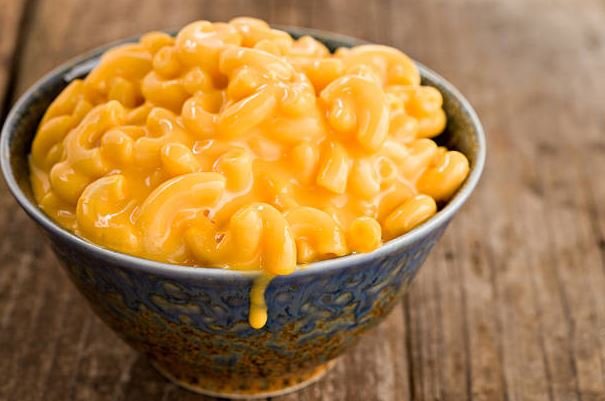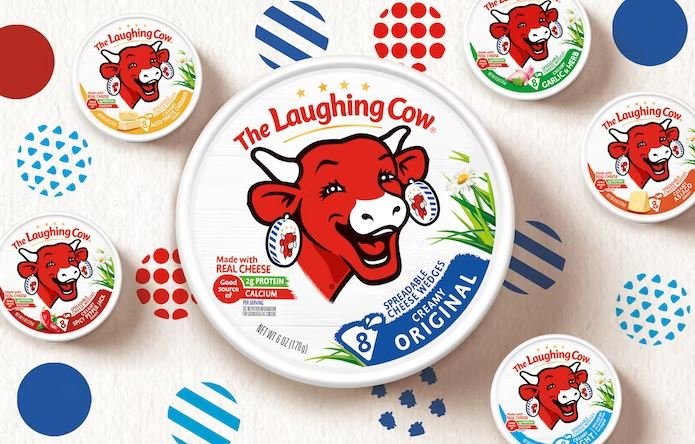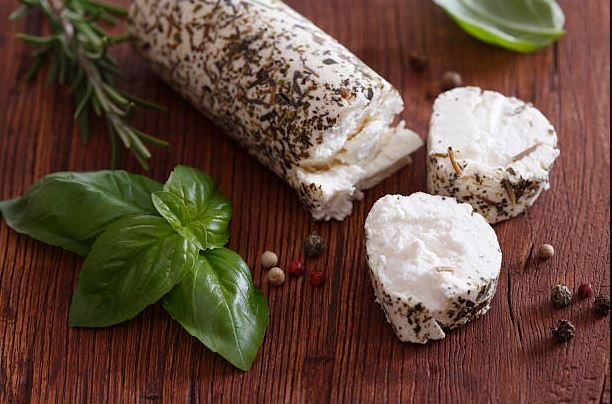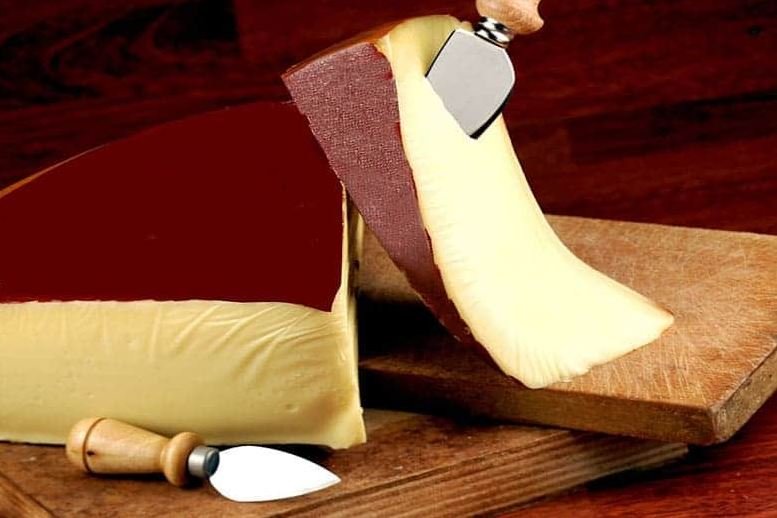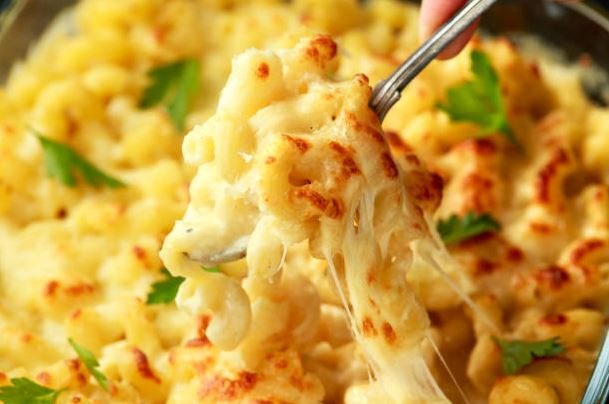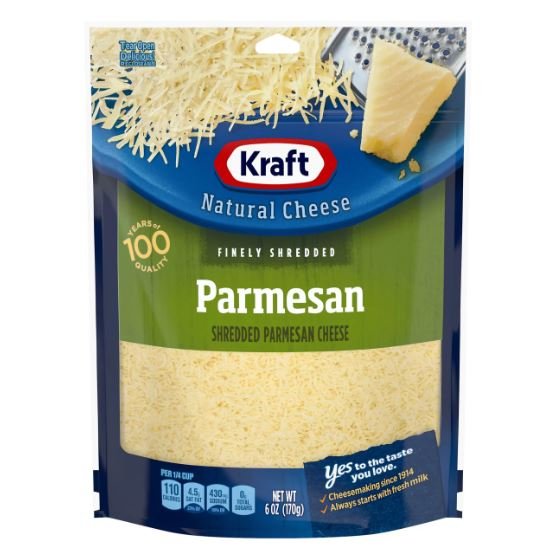Are M&M’s, those delightful bite-sized candies that melt in your mouth and come in a rainbow of colors, suitable for those following a vegan lifestyle? This question has sparked much curiosity and debate among candy lovers who strive to make conscious choices about the foods they consume.
While M&M’s are adored by many, it’s important to explore the ingredients and manufacturing processes behind these popular candies to determine whether they align with the principles of veganism.
Are M&Ms Vegan?
No, M&M’s are not considered vegan. These colorful candies contain animal-derived ingredients, making them unsuitable for individuals adhering to a vegan lifestyle. The primary non-vegan component in M&M’s is milk fat derived from dairy sources.
While the exact ingredients may vary depending on the specific M&M’s variety, it’s important to note that many formulations include milk fat as a key ingredient. Milk fat adds a creamy texture and enhances the flavor of the candies, but it also means that M&M’s cannot be classified as vegan.
Are There Any Dairy Products in M&M’s?
Yes, M&M’s do contain dairy products. As mentioned earlier, milk fat is one of the key ingredients in M&M’s. This milk fat adds a creamy texture and enhances the flavor of the candies. However, the presence of dairy products makes M&M’s unsuitable for individuals adhering to a strict vegan lifestyle.
Can Vegans Consume M&Ms?
Since M&M’s contain milk fat, they are not suitable for consumption by vegans. Vegans choose to avoid all animal-derived products, including dairy. By adhering to a vegan lifestyle, individuals aim to reduce animal exploitation and promote the ethical treatment of animals.
Thus, while M&M’s may be suitable for vegetarians, they do not align with the principles of veganism.
Are M&M’s Suitable for a Plant-Based Diet?
Although M&M’s are not vegan-friendly, they can still be consumed as a plant-based diet. Plant-based diets focus on consuming whole, minimally processed foods derived from plants while limiting or excluding animal products.
Individuals following a plant-based diet may have varying degrees of strictness, and some may still choose to consume small amounts of dairy or other animal-derived ingredients. In such cases, M&M’s can be included as an occasional indulgence.
What Ingredients in M&M’s Make Them Non-Vegan?
Besides milk fat, other ingredients in M&M’s can also make them non-vegan. It’s important to scrutinize the entire list of ingredients to ensure that the products we consume align with our dietary preferences. Some of the additives found in M&M’s that may not be suitable for vegans include:
- Beeswax: Beeswax is sometimes used as a glazing agent to give M&M’s a glossy appearance. However, it is derived from bees and, therefore, not considered vegan.
- Confectioner’s Glaze: Also known as shellac, this ingredient is derived from the secretions of the female lac bug. It is commonly used to provide a protective coating on M&M’s. However, it is an animal-derived ingredient and not suitable for vegans.
- Carmine: Carmine, also listed as “E120” or “natural red 4,” is a red food coloring derived from crushed cochineal insects. It is sometimes used to produce certain M&M varieties, particularly those with red hues. Carmine is a non-vegan ingredient and can be problematic for individuals following a vegan lifestyle.
Are There Any Vegan Alternatives to M&M’s Available in the Market?
Yes, several vegan alternatives to M&M’s cater to individuals following a vegan lifestyle. Some popular options include “No Whey! Choco No No’s,” “Smarties,” and “Trader Joe’s Dark Chocolate Sunflower Seed Drops.”
When searching for vegan alternatives to M&M’s, you must check the labels and ingredient lists to ensure they meet your dietary requirements. With the growing demand for vegan options, more brands are introducing innovative and delectable alternatives to traditional candies, providing vegans with various choices to satisfy their sweet cravings.
Can Individuals With Lactose Intolerance Consume M&M’s?
Individuals with lactose intolerance may be able to consume M&M’s in moderation. Lactose intolerance is the inability to digest lactose, a sugar found in milk and dairy products, due to a deficiency of the enzyme lactase. While M&M’s contain milk fat, the lactose content in these candies is relatively low.
The severity of lactose intolerance varies among individuals, and some may have a higher tolerance for lactose than others. Individuals with lactose intolerance may tolerate small amounts of lactose without causing significant discomfort or symptoms. Therefore, individuals with lactose intolerance can assess their personal tolerance levels and decide whether they can enjoy M&M’s in limited quantities.
It’s important to note that lactose intolerance differs from a milk allergy. If an individual has a milk allergy, they should avoid M&M’s and any other products that contain milk or dairy ingredients due to the risk of an allergic reaction.
Do All Varieties of M&M’s Contain Non-vegan Ingredients?
While M&M’s are generally not considered vegan due to the presence of milk fat and other animal-derived ingredients in their classic formulation, it’s important to note that not all varieties of M&M’s are created equal. The Mars Company, the manufacturer of M&M’s, occasionally releases limited-edition flavors or special editions that may have unique formulations.
Some special editions may be free from non-vegan ingredients such as milk fat, beeswax, or confectioner’s glaze. However, it’s crucial to read the ingredient labels carefully to ensure that the specific variety you’re considering is indeed vegan-friendly.
Mars has tried to cater to a wider range of dietary preferences, including offering plant-based alternatives for certain products. For instance, they have introduced the “M&M’s Fudge Brownie,” a vegan-friendly version of the classic candy. It’s essential to check the packaging or the manufacturer’s website for the most up-to-date information on ingredients and vegan options.
Conclusion
M&M’s are not vegan due to the inclusion of milk fat and other animal-derived ingredients in their formulation. However, they can still be enjoyed by individuals following a plant-based diet who may occasionally consume small amounts of dairy. Vegans must be vigilant when examining the ingredients list of any product to ensure it aligns with their dietary choices.
As the demand for vegan products continues to rise, numerous alternatives to M&M’s have emerged. These alternatives use plant-based ingredients and innovative manufacturing techniques to replicate the taste and texture of M&M’s without relying on animal-derived components. Exploring these alternatives can allow vegans to indulge in colorful candies while remaining true to their values.




